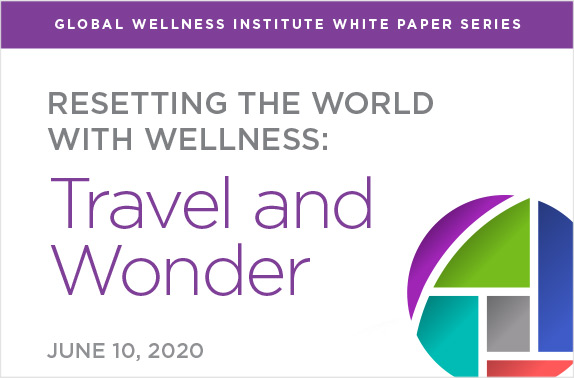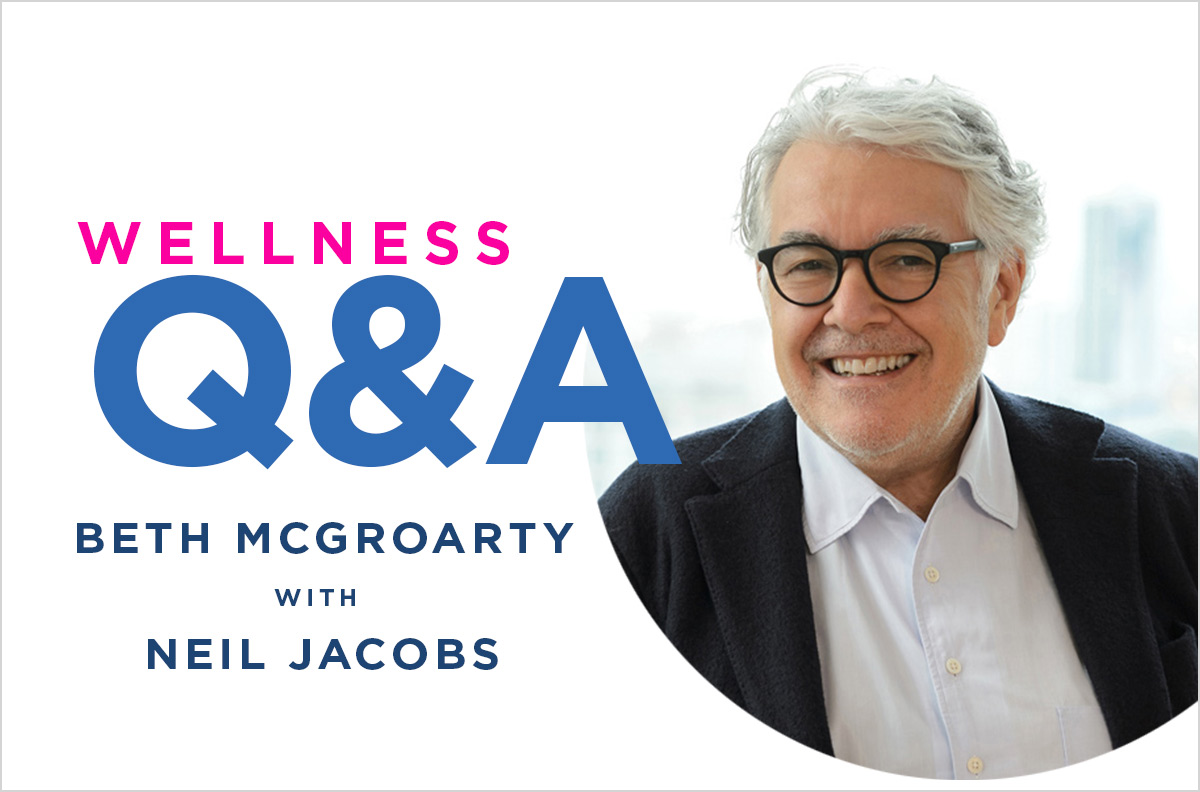“There are decades where nothing happens; and there are weeks where decades happen”—although an overused quote during the pandemic, COVID-19 has proven Lenin right. It’s been and will continue to be a formidable accelerator and catalyst of existing trends. Here are several trends in the wellness space being fed by systemic connectivity. One overarching trend that will enormously benefit wellbeing in the post-pandemic era: COVID-19…





























































